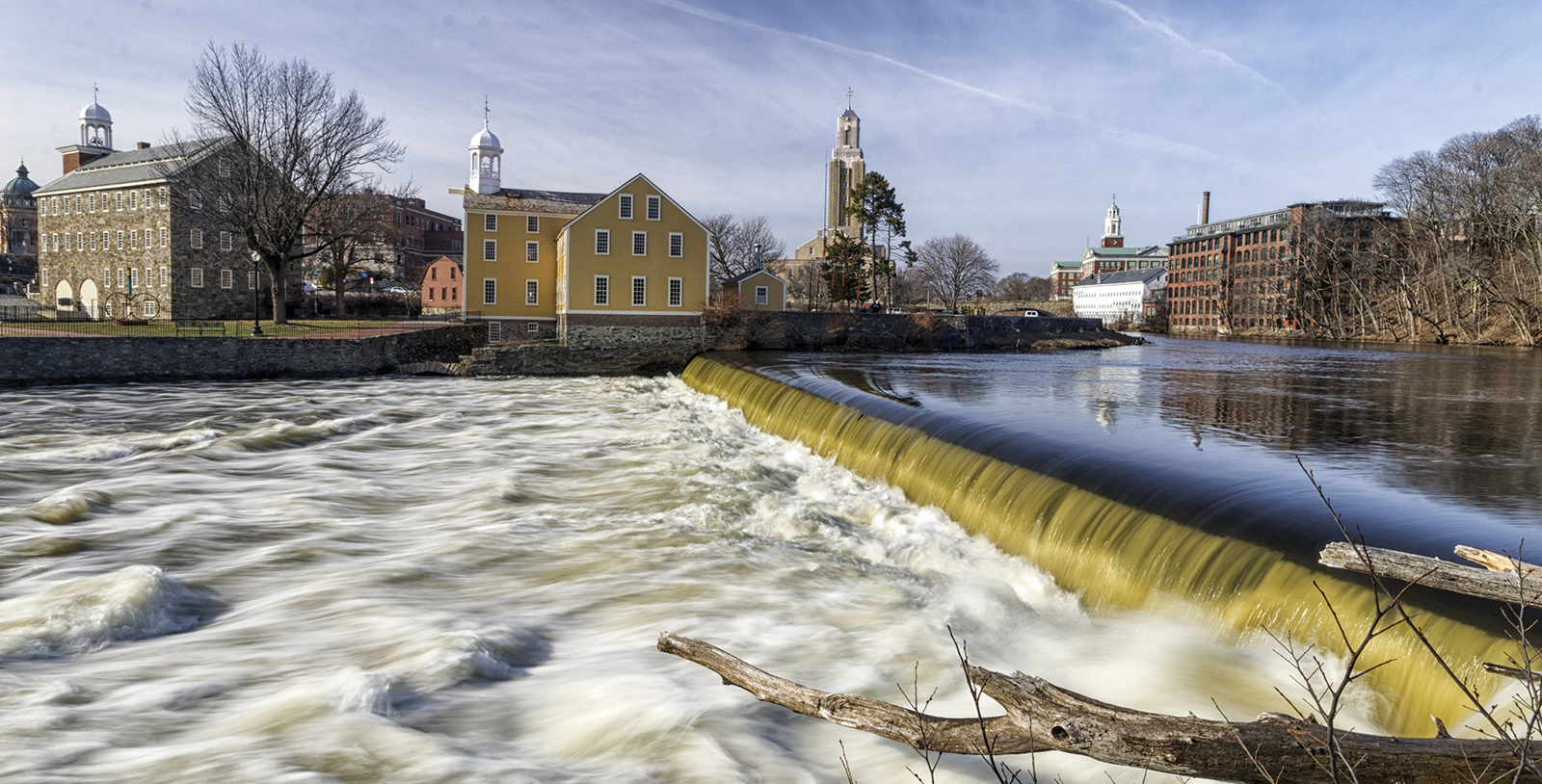DEM urges no contact with Blackstone River after second sewage leak from Woonsocket plant
WOONSOCKET, RI – A sewage treatment plant has been dumping partially treated solid waste into the Blackstone River for more than a week, prompting a no contact advisory for all water activities on the river between Woonsocket and the Slater Mill Dam in Pawtucket.
Rhode Island Department of Environmental Management officials said they were notified June 5 by the facility operators of a sewage leak into the river. DEM then issued the no-contact notice for the roughly 10 miles of river.
The sewage treatment facility is owned by the town of Woonsocket, but day-to-day operations are outsourced to two companies. Dallas-based Jacobs Engineering handles most of the wastewater treatment, while Baltimore-based Synagro handles on-site solid waste incineration. The plant treats between 6 million and 8 million gallons of wastewater per day.
“What happens at the plant is that solids get into the wastewater stream that goes into the river; it’s not supposed to happen,” DEM spokesman Michael Healey said. He added that it was too early to attribute the cause to equipment failure or process failure, or both.
Wastewater from homes and businesses from the plant is separated into two different streams, one for solids and the other for liquids. Liquids are treated and cleaned before being discharged into the Blackstone River, but solids are intended for handling and incineration by Synagro.
The currently leaking waste has been treated with chlorine, meaning the solids have been at least partially sanitized, but DEM said it was still “troubled” by the leak and deemed it “unacceptable”.
This is not the first sewage leak into the Blackstone River since installation. Jacobs operators were cited 12 times between July 2021 and March 2022 for various violations of their State Pollutant Discharge Elimination System permit. The company told state inspectors the violations were due to sand filter problems or extreme weather events, according to a non-compliance letter sent to Jacobs in March.
DEM officials were notified of a sewage leak into the river from the Cumberland Hill plant on March 23, but the leak had started at least two days earlier. Test results revealed high levels of faecal coliforms and enterococci, indicating bacterial contamination in the water. DEM water resources engineer Bill Patenaude told ecoRI in March that he expected “the river will slowly clean itself out.”
DEM issued a similar no-contact notice for the Blackstone River once it learned of the leak, but rescinded it two days later on March 25.
Jacobs did not respond to a request for comment.
DEM will lift the current no-contact advisory after several days of clean river water test readings, but the department was unable to say when that would be.
The agency declined to comment or speculate on further enforcement action against Jacobs.


Comments are closed.